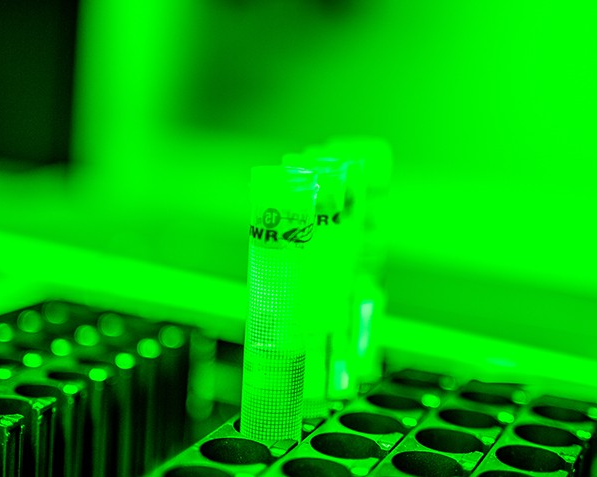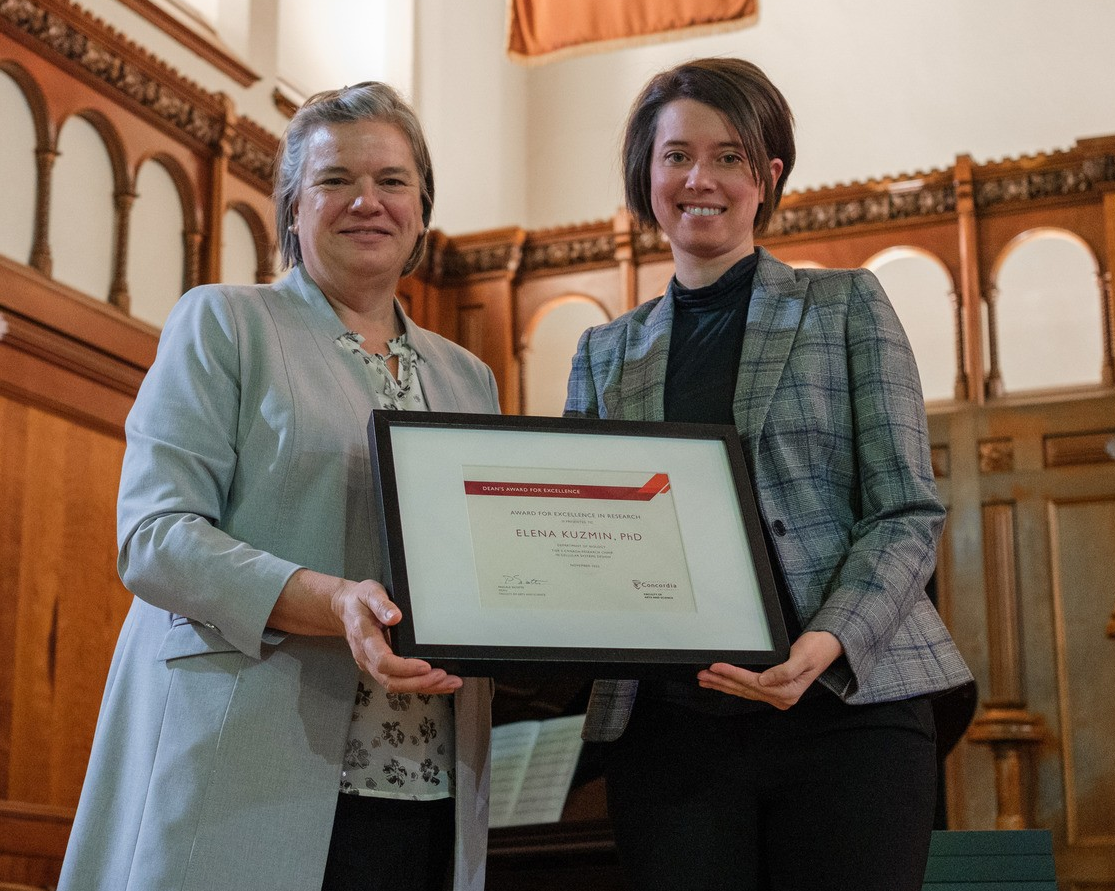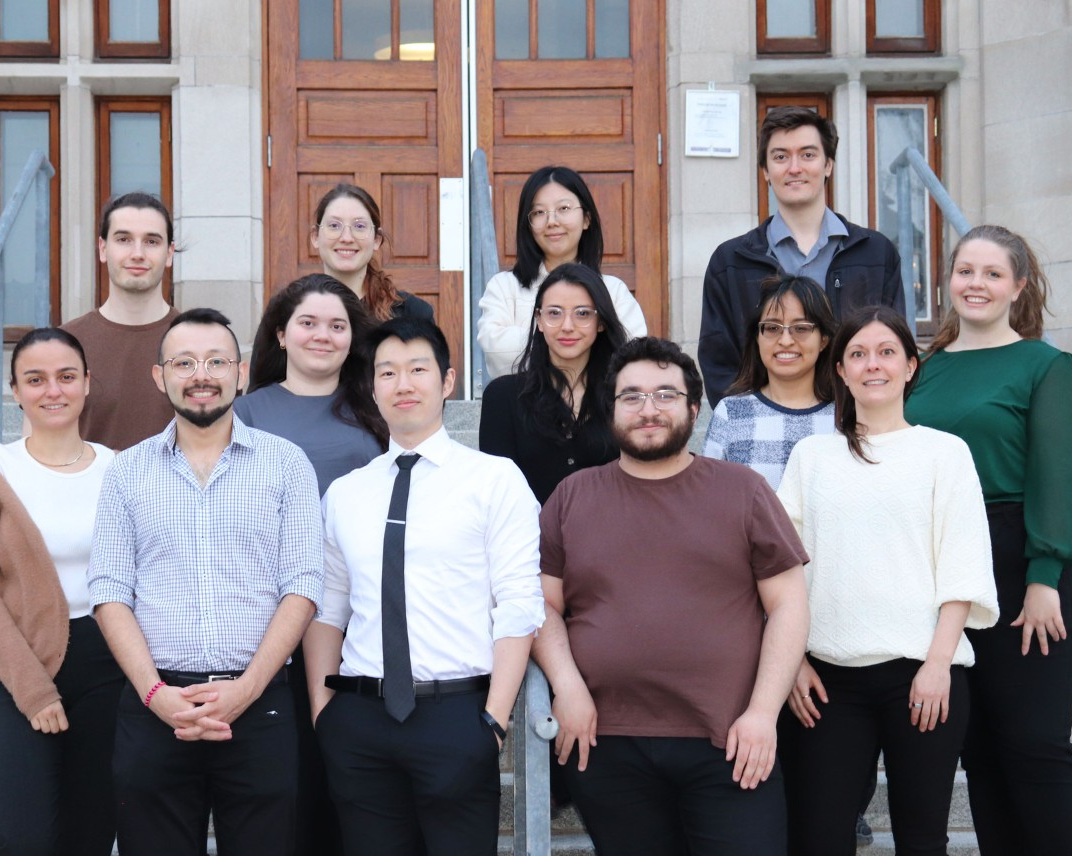OUR MISSION
Building with Biology for society's needs
What is Synthetic Biology?
The goal of synthetic biology is to design and build biological systems that are beneficial to society, and entails the genetic modification of microorganisms in order to make them useful for industrial, medicinal or environmental applications.
Join the lab
There are many opportunities to work at a deeper level within our Centre. Please check back here frequently for new positions and scholarships, and be sure to follow us on Twitter to find out when new items are posted.
Opportunities
Lallemand Scholarships and Fellowships in Bioprocessing
Generous support from Lallemand Inc. is enabling Concordia University to provide support for studies in the field of Bioprocessing, defined as processes that develop or utilize natural or genetically-modified living cells or organisms (e.g., bacteria, fungi, plants) or parts thereof (e.g., enzymes, DNA) to obtain products or services; it also includes designing, building and testing real or virtual tools, machines (e.g., reactors, software) and procedures used in the development or fabrication of such products and services.
The Genome Foundry is a pioneering facility that employs cutting edge robotic instrumentation which enables synthetic biologists to execute work at significant scales and speeds.
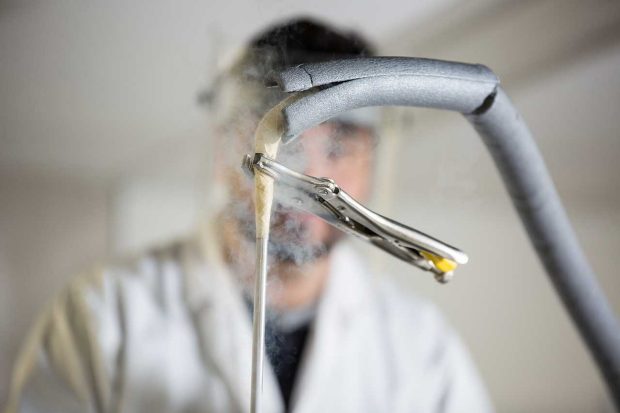
Generous funding opportunities available to selected candidates
Positions Available: MSc, PhD, and Postdoctoral Fellowship
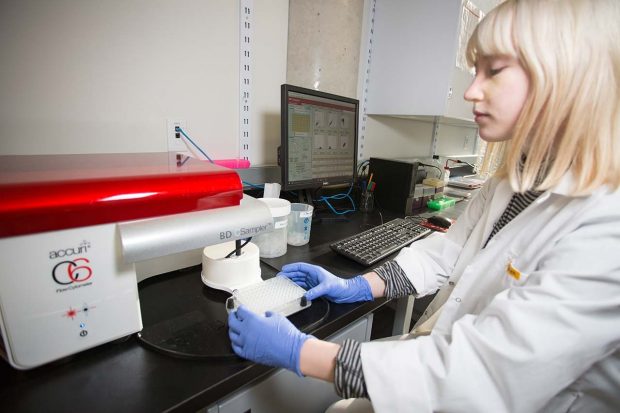
Competitive Scholarships Available in Synthetic Biology through CASB
We are looking for a MSc and PhD students to join the Training Program in Synthetic Biology (SynBioApps).
Research
Our research is widely recognized for its accent on interdisciplinary thinking in teaching, training, research and research-creation.
Training
The Concordia Centre for Applied Synthetic Biology (CASB) is the first institution in Canada whose goal is to assemble research personnel from biology, computer science, engineering, and social science backgrounds, thus fostering the interdisciplinary training environment that has come to define synthetic biology.
There are many ways to engage with CASB as a graduate student. Take individual courses, focusing on synthetic biology in the Biotechnology and Genomics Graduate Diploma, or pursue an MSc, MASc or PhD through the SynBioApps program or the Individualized program in synthetic biology. You will have access to the leading minds and facilities that are pushing this exciting field forward.

